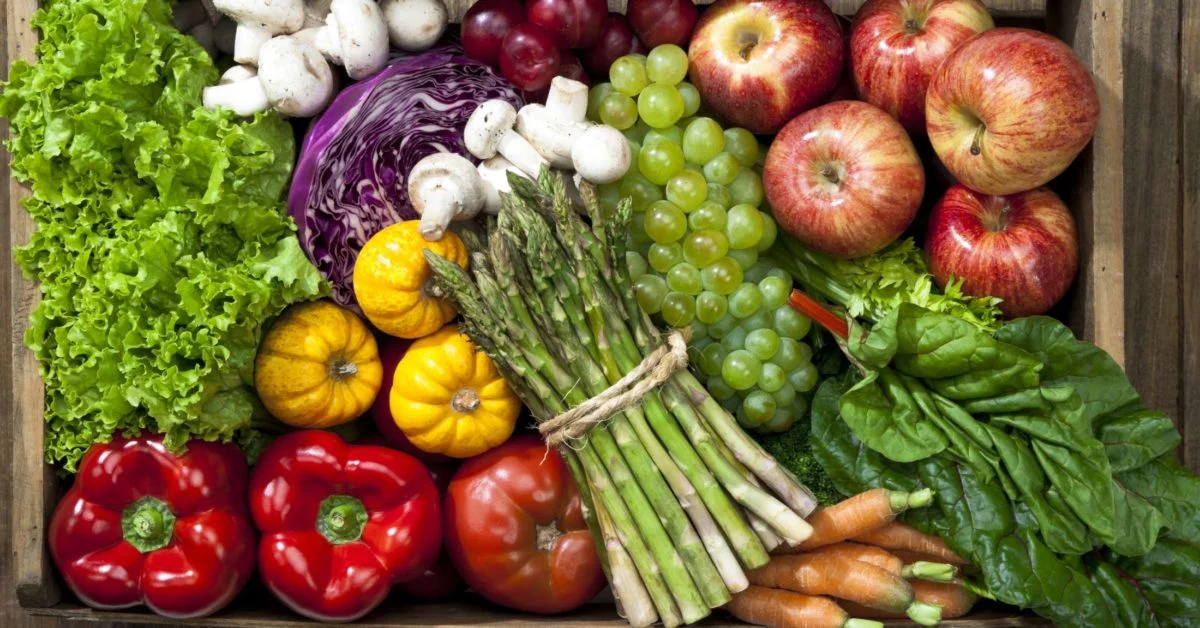When it comes to maintaining a healthy diet, many of us know that eating plenty of fruits and vegetables is crucial. But with so many different types of produce out there, it can be difficult to know which ones to prioritize. That’s why we’ve rounded up a list of 14 vegetables that nutritionists say we should all be eating more of. These veggies are not only packed with essential nutrients, but they also offer a variety of health benefits and can be easily incorporated into your meals.
- Leafy greens – Leafy greens like spinach, kale, and collard greens are rich in vitamins A, C, and K, as well as antioxidants and fiber. Leafy greens can help lower blood pressure, reduce inflammation, and improve brain health.
- Broccoli – Broccoli is a cruciferous vegetable that is high in fiber, vitamins C and K, and the minerals calcium and potassium. Studies have shown that broccoli may help reduce the risk of certain cancers, improve heart health, and boost the immune system.
- Bell peppers – Bell peppers are low in calories but high in vitamins A and C, as well as antioxidants and fiber. They can help improve eye health, boost the immune system, and reduce inflammation.
- Carrots – Carrots are rich in vitamins A and C, as well as potassium and fiber. Eating carrots can help improve vision, reduce the risk of certain cancers, and support digestive health.
- Squash – Squash is a versatile vegetable that is high in vitamins A and C, as well as fiber and potassium. Squash can help improve heart health, boost the immune system, and support weight loss.
- Sweet potatoes – Sweet potatoes are high in vitamins A and C, as well as fiber and potassium. They can help improve blood sugar control, reduce inflammation, and support heart health.
- Asparagus – Asparagus is a low-calorie vegetable that is high in vitamins A and C, as well as antioxidants and fiber. Eating asparagus can help reduce inflammation, support gut health, and improve heart health.
- Brussels sprouts – Brussels sprouts are a cruciferous vegetable that is high in vitamins C and K, as well as antioxidants and fiber. They can help reduce the risk of certain cancers, improve heart health, and boost the immune system.
- Cauliflower – Cauliflower is a cruciferous vegetable that is high in vitamins C and K, as well as fiber and antioxidants. Eating cauliflower can help reduce the risk of certain cancers, improve heart health, and boost the immune system.
- Beetroot – Beetroot is a root vegetable that is high in fiber, antioxidants, and nitrates. Eating beetroot can help improve heart health, boost the immune system, and support exercise performance.
- Eggplant – Eggplant is a low-calorie vegetable that is high in fiber and antioxidants. It can help improve heart health, reduce inflammation, and support gut health.
- Zucchini – Zucchini is a low-calorie vegetable that is high in vitamins C and A, as well as fiber and potassium. Eating zucchini can help improve heart health, reduce inflammation, and support weight loss.
- Artichokes – Artichokes are a low-calorie vegetable that is high in fiber, antioxidants, and vitamins C and K. They can help improve heart health, reduce inflammation, and support gut health.
- Garlic – Garlic is a flavorful vegetable that is high in antioxidants and compounds that can help lower blood pressure,

